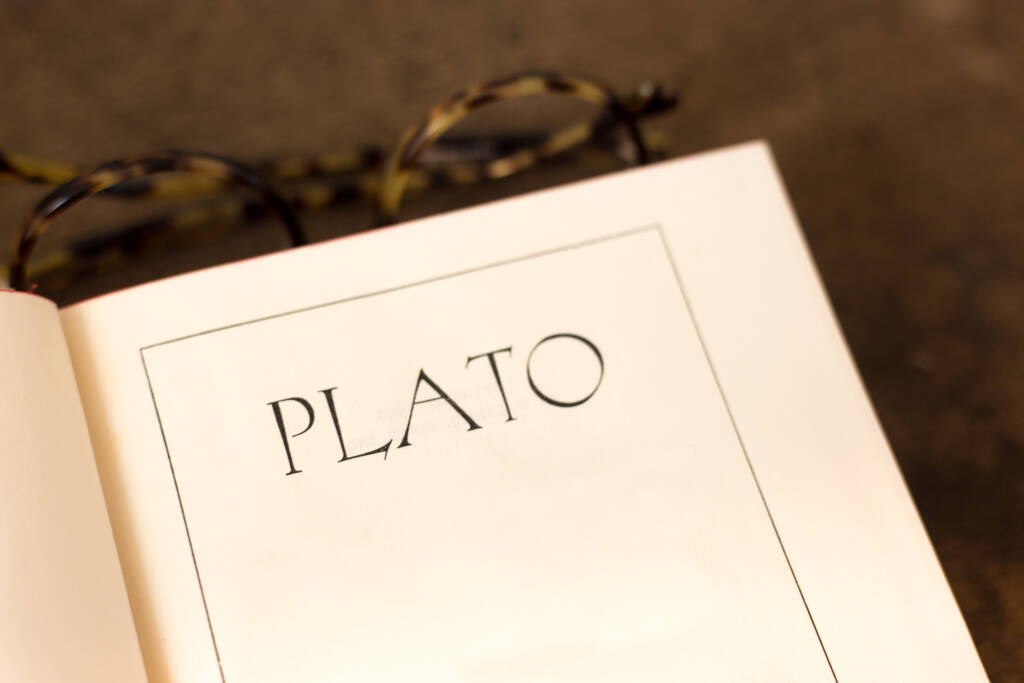
Introduction to Philosophy

This course will take you on an exciting adventure that covers more than 2500 years. Along the way, you’ll run into some very strange characters. For example, you’ll read about a man who hung out on street corners, barefoot and dirty, pestering everyone he met with questions. You’ll read about another man who climbed inside a stove to think about whether he existed. Despite their odd behavior, these and other philosophers of the Western world are among the most brilliant and influential thinkers of all time. As you read about them, you’ll see where many of the most fundamental ideas of Western civilization came from. You’ll also get a chance to ask yourself some of the same questions these great thinkers pondered. At the end, you’ll have a better understanding of yourself and the world around you, from atoms to outer space and everything in between.
Major Topics and Concepts
- Define philosophy
- Describe what philosophers study
- Identify questions that philosophers ask
- Explain what it means to do philosophy
- State what philosophy can do for you
- Explain why myth has been called the “cradle of philosophy”
- Describe how Western philosophy first began in ancient Greece
- List some of the questions that the earliest philosophers pondered
- Identify pre-Socratic philosophers and state how they answered the questions
- Explain how the earliest philosophers laid the foundations for science
- Give an overview of the classical period of ancient Greece
- Describe Socrates’ life and the Socratic method
- Outline the events of Plato’s life and his main ideas
- Summarize Aristotle’s life and his major contributions
- State the general aims of Hellenistic philosophy
- Describe the philosophy of cynicism
- List the ideas of the Epicureans
- Describe stoic philosophy
- Identify the basic views of the skeptics
- Describe the rise of Christianity in Medieval Europe
- List the main influences on philosophy during the Middle Ages
- Explain how Saint Augustine defended the Catholic Church
- Describe the scholastic philosophy of Saint Anselm
- Identify the contributions of Saint Thomas Aquinas
- Outline major changes that occurred in Europe from 1400 to 1800
- Identify influences on Renaissance philosophers such as Erasmus
- Describe the rationalist philosophies of Descartes and Spinoza
- Describe the empiricist philosophies of Locke and Hume
- Explain how Kant combined rationalism and empiricism
- Describe approaches to philosophy that began in 19th century Europe
- List the main contributions of the German philosopher Georg Hegel
- Summarize the philosophies of Schopenhauer, Kierkegaard, and Nietzsche
- Identify the main ideas of Karl Marx and Jeremy Bentham
- Describe the philosophy of pragmatism
- Give an overview of analytic philosophy
- List the basic tenets of phenomenology
- Identify the main ideas of existentialism
- State how philosophy has changed your thinking
Competencies
Modern Philosophy
Students will analyze the themes of Modern Philosophy.
Philosophy of the Twentieth Century
Students will make connections between Post-Modern Philosophy and the themes of previous schools of philosophical thought.
The Foundation and Origin of Philosophy
Students will make connections between the origins of philosophy and the foundations of philosophical study.
The Philosophy of Happiness
Students will analyze the themes of Hellenistic Philosophy.
The Philosophy of the Middle Ages
Students will connect the themes of Greek Philosophy to Medieval Philosophy.

